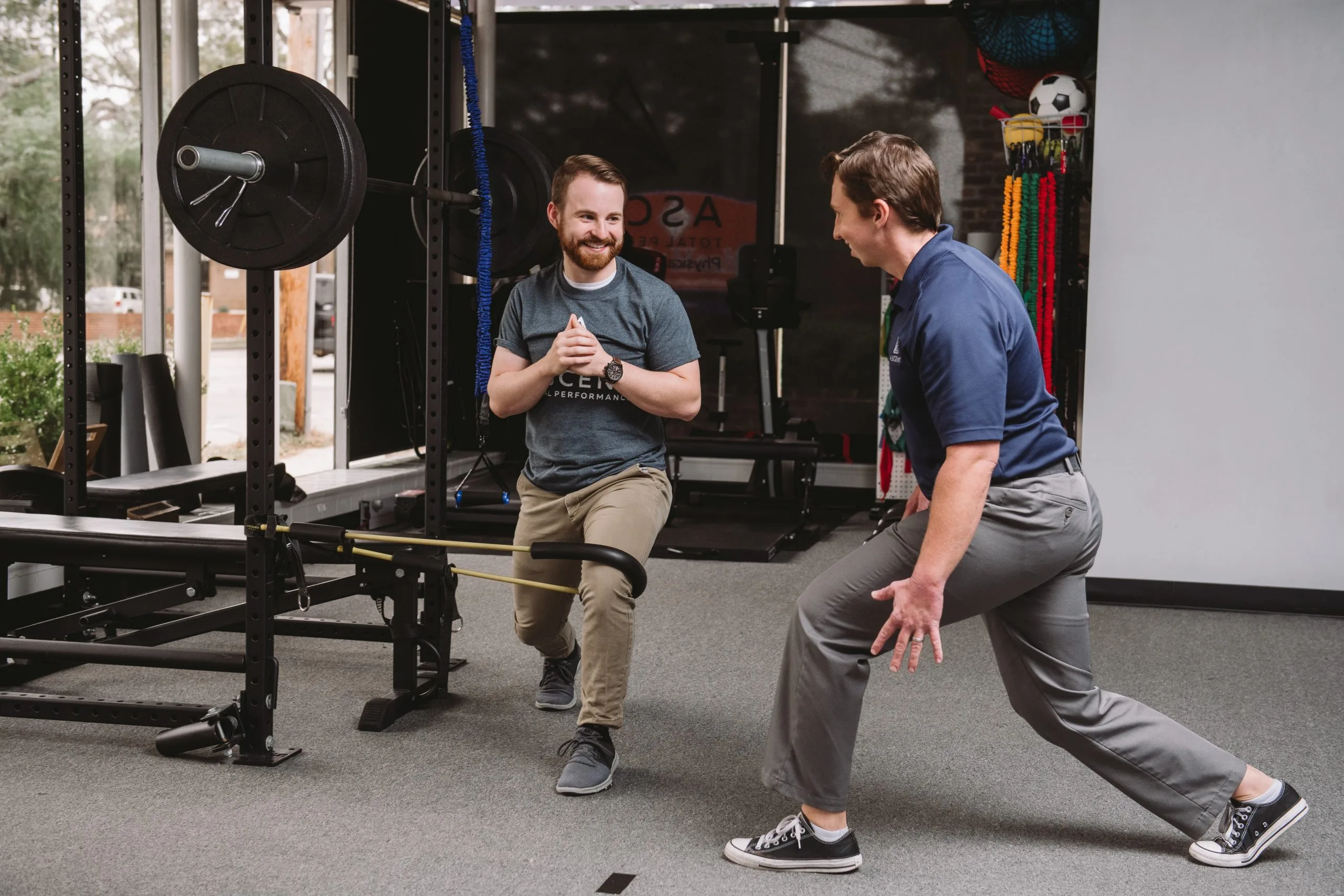During the warm summer months, easily preventable dehydration-related health crises can arise. With the temperatures soaring well above 95 degrees, especially here in South Carolina, it’s important to stay up to date on current recommendations for fluid intake before, during, and after physical activity (PA).
Impact of Hydration on Performance
A study published in the Journal of Human Kinetics evaluated the connection between dehydration and sports performance. Researchers found that dehydration resulting in a fluid loss equivalent to that of around 2-5% of the athlete’s body weight resulted in a decreased capacity to work (Work = Force x Distance) of 3% and a reduction of 5% in maximal aerobic power (VO2Max).
Effects of Dehydration
Insufficient intake of fluids during physical activity not only can damage your kidneys but can also have a systemic (full body) response. Some of the systemic impacts of dehydration are listed below:
- Reduced circulating blood volume in the body
- Decreased sweating which decreases your body’s ability to cool down
- Increased core body temperature
- Increased rate of muscle glycogen use, depleting supplies faster. Glycogen is the main source of energy for your body’s muscles
Fluid Intake Prior to Physical Activity
The National Strength and Conditioning Association (NCSA) currently recommends athletes consume at least 5-7 milliliters (ml) of fluid for every kilogram (kg) of body weight at least 4 hours prior (formulas to convert to fluid ounces are listed at the end). Closer to physical activity, approximately 2 hours before, the athlete should consume around 3-5 ml of fluid per kg of bodyweight. Sodium intake is also recommended before initiating physical activity. Sodium is known to stimulate thirst and help the body retain more fluids.
Fluid Intake During Physical Activity
During physical activity, the aim of fluid consumption should be to replace fluids lost due to thermoregulation – better known as sweating. The NSCA currently recommends athletes consume at least 90-240 ml of a solution that consists of 6-8% carbohydrates and electrolytes every 10-20 minutes.
Fluid Intake After Physical Activity
To put it simply, the goal of fluid consumption after physical activity is to replace what you lost. The aim should be to replace the water-weight lost and balance electrolytes. Athletes should ingest 600-720 ml of fluid per every pound of body weight lost during a bout of physical activity. Again, the fluids should be around a 6-8% carbohydrate-electrolyte solution or athletes should consume foods high in sodium and chloride with water. Listed below are foods high in sodium and chloride:
Sodium → smoked/canned/cured/salted meats, and salted nuts
Chloride → rye, lettuce, tomatoes, olives, seaweed, and celery
Calculate for Yourself
Fluid ounces to consume before PA = [(Weight in lbs/2.2)x 6] / 29.574
Fluid ounces to consume during PA = 3 to 8 ounces every 10 to 20 min
Fluid ounces to consume after PA = 22 ounces x lbs of body weight lost during exercise
Go to the Ascent Total Performance webpage and begin to Achieve Higher today.
By: Jackson Propst
PT, DPT
Jackson is a physical therapist at Ascent Total Performance in Columbia, SC.
(It should be noted that most of the words bolded in this article are links to the sources for this blog post.)



